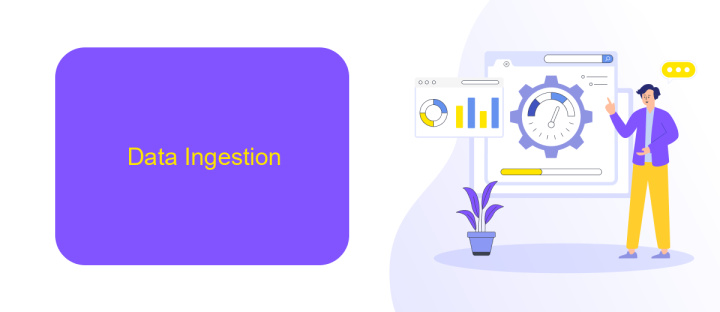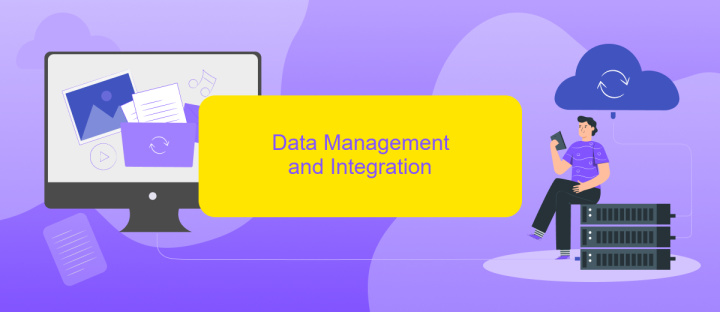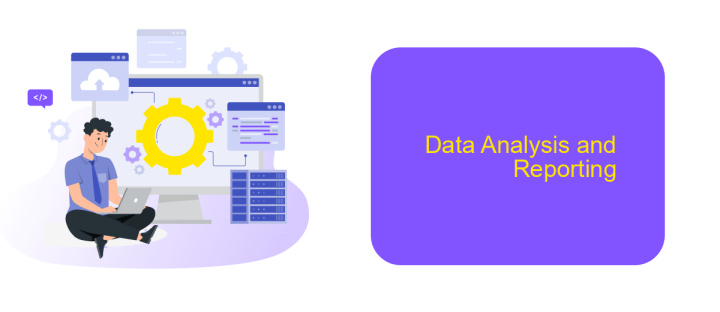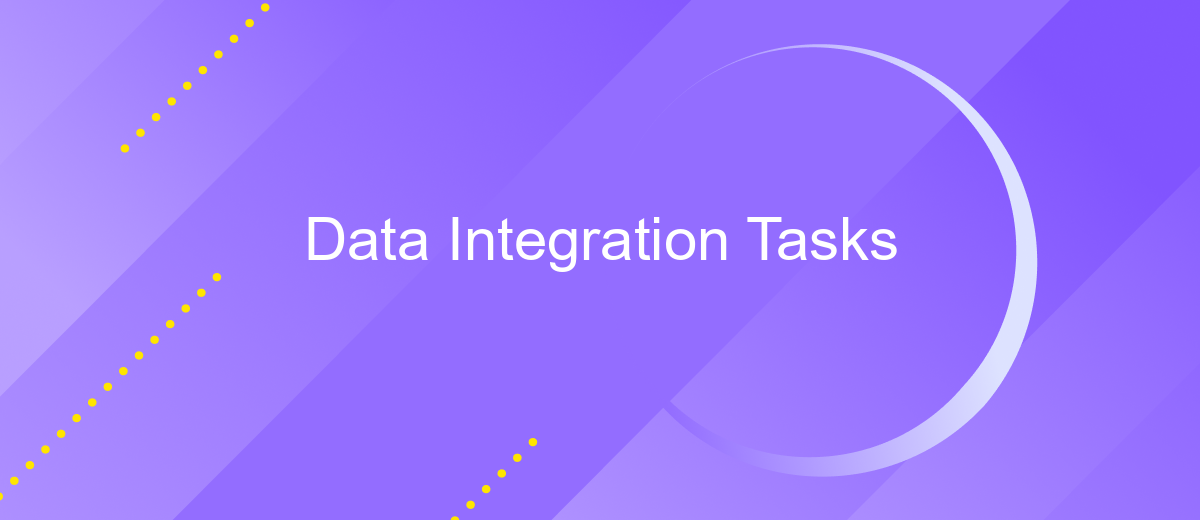Data Integration Tasks
Data integration tasks are crucial for businesses seeking to unify disparate data sources into a cohesive, accessible system. This process enhances decision-making, streamlines operations, and supports comprehensive analytics. By effectively merging data from various platforms, organizations can achieve a holistic view of their operations, leading to improved efficiency and strategic insights. This article explores key aspects and best practices for successful data integration.
Introduction
Data integration is a critical process in modern businesses, enabling seamless communication between disparate systems and ensuring that data flows smoothly across various platforms. Effective data integration helps organizations achieve a unified view of their data, leading to better decision-making and operational efficiency.
- Combining data from multiple sources
- Ensuring data consistency and quality
- Automating data workflows
- Facilitating real-time data access
One of the key tools for achieving effective data integration is ApiX-Drive. This service simplifies the process of connecting various applications and automating data transfer between them. With ApiX-Drive, businesses can easily set up integrations without requiring extensive technical expertise, allowing them to focus on leveraging their data for strategic purposes.
Data Ingestion

Data ingestion is the initial phase of the data integration process, where raw data is collected and imported from various sources into a centralized repository for further processing and analysis. This step is crucial as it ensures that data from disparate sources, such as databases, cloud services, and IoT devices, is brought together in a cohesive manner. Effective data ingestion strategies involve real-time data streaming and batch processing techniques to handle different data velocities and volumes efficiently.
One of the tools that streamline the data ingestion process is ApiX-Drive. This service enables seamless integration between multiple platforms by automating the data transfer process. ApiX-Drive supports a wide range of data sources and provides a user-friendly interface for setting up data pipelines without requiring extensive coding knowledge. By leveraging such tools, organizations can ensure a smooth and efficient data ingestion process, thereby laying a solid foundation for subsequent data integration tasks.
Data Management and Integration

Effective data management and integration are crucial for organizations aiming to harness the full potential of their data. Properly managed data ensures accuracy, consistency, and accessibility, which are essential for informed decision-making and operational efficiency.
- Data Collection: Gathering data from various sources, ensuring it is accurate and complete.
- Data Cleaning: Removing inconsistencies and errors to improve data quality.
- Data Transformation: Converting data into a usable format for analysis and integration.
- Data Integration: Combining data from different sources into a unified view.
- Data Storage: Storing data in a structured and accessible manner.
Tools like ApiX-Drive facilitate seamless data integration by allowing users to connect various applications and automate data transfer processes. By leveraging such services, organizations can streamline their workflows, reduce manual errors, and ensure real-time data synchronization. This integration capability is essential for maintaining a cohesive and efficient data management strategy.
Data Analysis and Reporting

Data analysis and reporting are crucial components of any data integration task. These processes enable organizations to make informed decisions based on the integrated data from various sources. By leveraging comprehensive data reports, businesses can identify trends, uncover insights, and optimize their operations.
To ensure accurate and effective data analysis, it is essential to use the right tools and techniques. Services like ApiX-Drive facilitate seamless data integration, allowing for real-time data synchronization and automation. This not only saves time but also minimizes errors that could occur during manual data handling.
- Consolidation of data from multiple sources
- Real-time data synchronization
- Automation of routine data processing tasks
- Generation of comprehensive and customizable reports
By utilizing ApiX-Drive, organizations can streamline their data integration processes, making it easier to conduct thorough data analysis and generate insightful reports. This ultimately leads to better strategic planning and improved business outcomes.
Conclusion
In conclusion, data integration tasks are essential for ensuring seamless data flow between disparate systems, thereby enhancing operational efficiency and decision-making processes. The complexity of these tasks often necessitates the use of specialized tools and services that can automate and simplify the integration process. By leveraging such tools, organizations can minimize errors, reduce manual workloads, and achieve a higher level of data consistency and reliability.
One such tool that stands out in this domain is ApiX-Drive, which offers a user-friendly platform for setting up and managing data integrations without the need for extensive technical expertise. By providing pre-built connectors and an intuitive interface, ApiX-Drive enables businesses to quickly integrate various applications and data sources, ensuring that critical information is always up-to-date and accessible. This not only streamlines operations but also empowers organizations to make data-driven decisions with confidence.
FAQ
What is data integration?
Why is data integration important for businesses?
What are common challenges in data integration?
How can businesses automate data integration tasks?
What are the benefits of using a data integration platform?
Apix-Drive will help optimize business processes, save you from a lot of routine tasks and unnecessary costs for automation, attracting additional specialists. Try setting up a free test connection with ApiX-Drive and see for yourself. Now you have to think about where to invest the freed time and money!

